Children need to feel safe, secure, and loved. But when those feelings are unpredictable, it can lead to "eggshell parenting," a term popularized by Dr. Kim Sage, a licensed psychologist from Newport, California. On her TikTok channel (@drkimsage), she has shared hundreds of videos on this subject.
Sage describes eggshell parenting as a harmful power dynamic where unpredictable emotional outbursts by parents force children to walk on eggshells, constantly feeling hypervigilant. This not only stifles their childlike qualities but also sets the stage for damaging adult relationships.
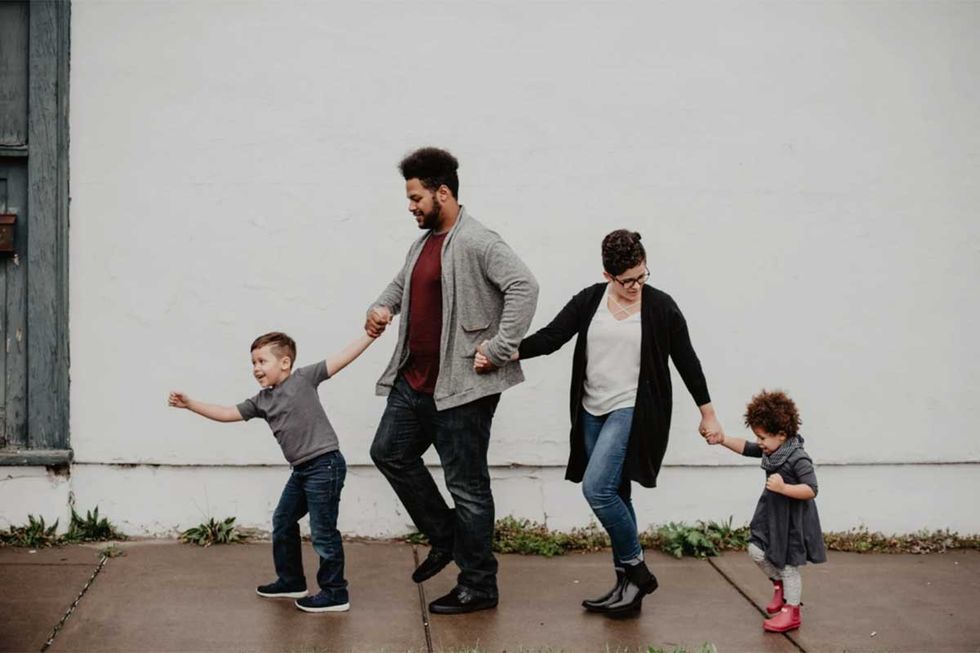
In a video that has been viewed over 18.5k times, Dr. Sage explains that “eggshell parenting and emotionally unpredictable, unsafe parenting often creates a lifetime of hypervigilance in us and a deep belief that there’s no such thing as real safety in relationships." She defines eggshells as “emotionally dangerous behaviors" and lists some eggshell parenting behaviors such as unpredictability, isolation, yelling, blame and shame, guilt-tripping, name-calling, and parentification. Another sign of this parenting style, she says, is the “destroying of loved possessions.”
“The parent’s mood is like being on a roller coaster. You never know what to expect,” she describes and adds, “Means that you are living in a state of chronic fight or flight.” She affirms that is not the right way to teach or parent one’s child. “It’s not about teaching. It’s an intentional way to make you feel bad about yourself,” suggesting that the person walking on eggshells should try to “stay alert how this feels in the body and the sense of self.”
@drkimsage Eggshell parenting and emotionally unpredictable, unsafe parenting often creates a lifetime of hypervigilance in us —and a deep belief that there’s no such thing as real safety in relationships.💔#eggshellparent #toxicparent #walkingoneggshells #emotionallyimmatureparents #narcissisticparent #drkimsage
In another video, that has garnered over 4.5 million views, Sage writes an overlay note about eggshell mothers, asking the viewers how they feel about their emotions. "If you had an eggshell mother, or primary caregiver, who was chronically angry, yelled a lot, had no boundaries and was unpredictable emotionally, and who expected you to be her best friend and yet who could also be conditionally loving and supportive, how is your raging anxiety, lack of trust, tendency to isolate when you feel deeply emotional going?" she stated.
Eggshell parenting is not merely about continuous yelling or breaking boundaries but “it’s also about being a chronic source of fear for your kids and forcing them to live a childhood in hypervigilance as they walk on eggshells around you,” the expert explains in a different TikTok video. “It’s a trauma bond with your kids in which you mix good love with bad love via intermittent reinforcement. It’s about repeated enmeshment and parentification and you forcing the child to focus more on you than on themselves,” explains Sage.
In another video, Sage spoke about the tactic children of eggshell parents use to feel safe. She explained that these children usually receive a mix of good love and bad love. When good love comes, it feels evident to them that bad love is soon following. “Even though I get the good love I know the bad love is coming. And the bad love often looks like their rage, their parentification, their enmeshment." She continues, "You know the conditionality of love; as long as you are giving me what I want, I’ll give you what you want, but don’t expect me to own my behaviors, make apologies or whatever.” This commonly leads to a tendency in the child to isolate themselves from the world. Their nervous system gets to believe that “the only time we are truly safe is when we are alone.”
Parenting styles were first identified in the 1960s by psychologist Diana Baumrind, who classified them into three categories: authoritarian, authoritative, and permissive. Eggshell parenting falls under the category of “authoritarian parenting.”
While unpredictable behavior is confusing and bumfuzzling, threats can also play a role in eggshell parenting. “One client told me that her mother threatened to kick her out of the house as a teenager if she got her hair cut short,” said Shari Botwin, author of “Thriving After Trauma.” Another psychologist, Kelsey M. Latimer, tells Fatherly that “in the case of eggshell parents, no matter what kids do, they are frequently and unfairly cast in the wrong.” Latimer says that this happens because parents are not conscious of their emotional reactions and mood disorders. They don’t choose to do this to their kids, but their lack of awareness causes them to react in a way that makes them regret their actions later on.
From my experience walking on eggshells is a deep root of lacking self validation. When I grew up I had an emotionally absent father who I would constantly seek validation. Carried over into relationships. This was draining to the relationships I was in and took time to heal.
— Matt Foxhunter (@mfoxhunter) March 28, 2023
@drkimsage Eggshell mothers, eggshell fathers, eggshell parents…#eggshellmother #eggshellparent #enmeshment #parentification #drkimsage #toxicparent
She further added that if a child has had eggshell parenting, they are prone to become an eggshell parent. However, many parents are attempting to heal their past and renew their relationships. It also made many appreciate their parents as well. "I just wanna get on here and say love my mom for not being like this. She is not perfect but loves and has loved me unconditionally," wrote one user. Some tried to reason why their parents became like that. "Sometimes I sit back & wonder, what happened to my mom to make her be this way. One day I’d like to sit down with her and talk about this. Maybe," another user added.





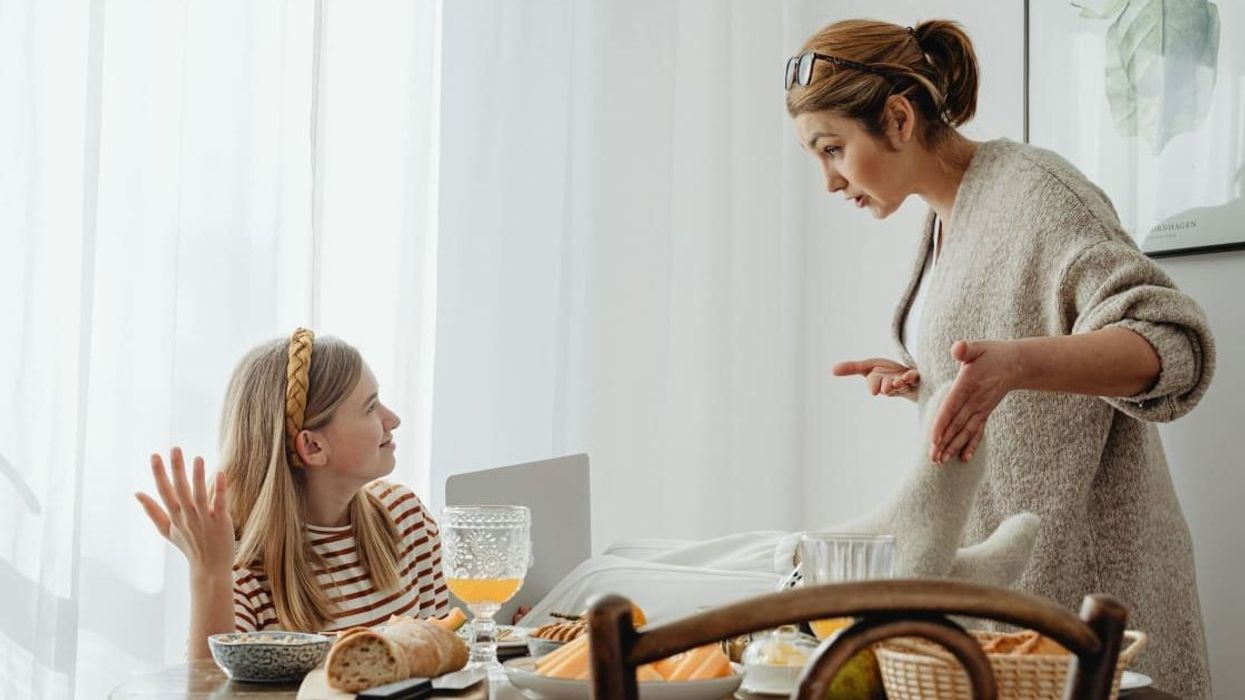



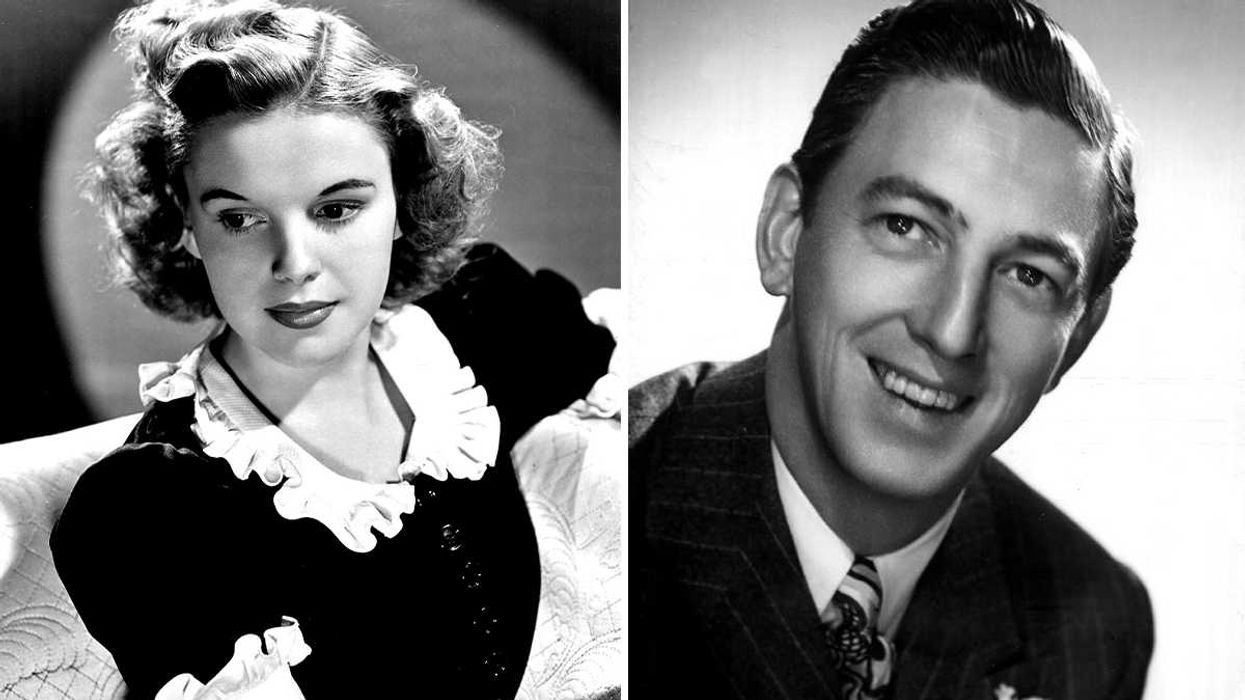






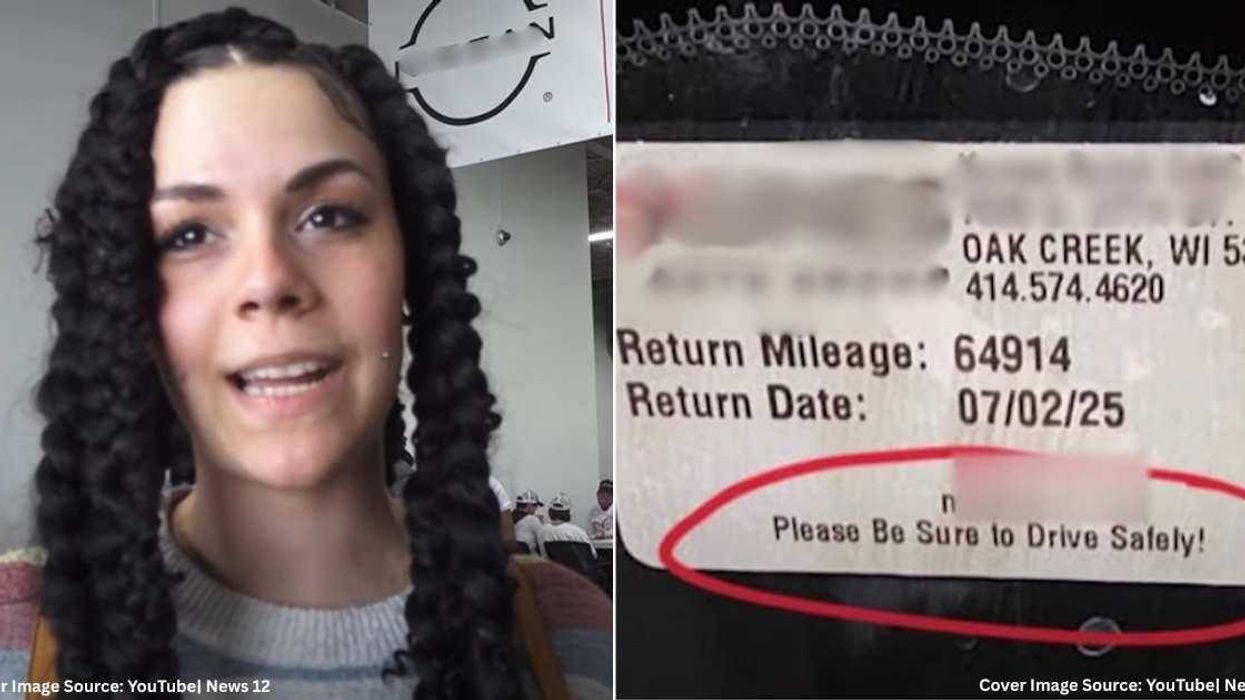
 A frustrated woman at a car dealershipCanva
A frustrated woman at a car dealershipCanva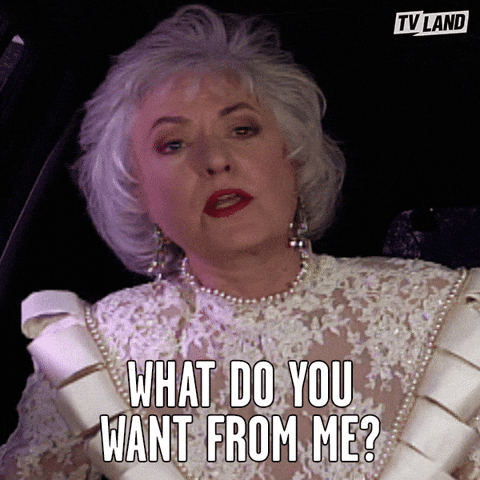 Bee Arthur gif asking "What do you want from me?" via
Bee Arthur gif asking "What do you want from me?" via 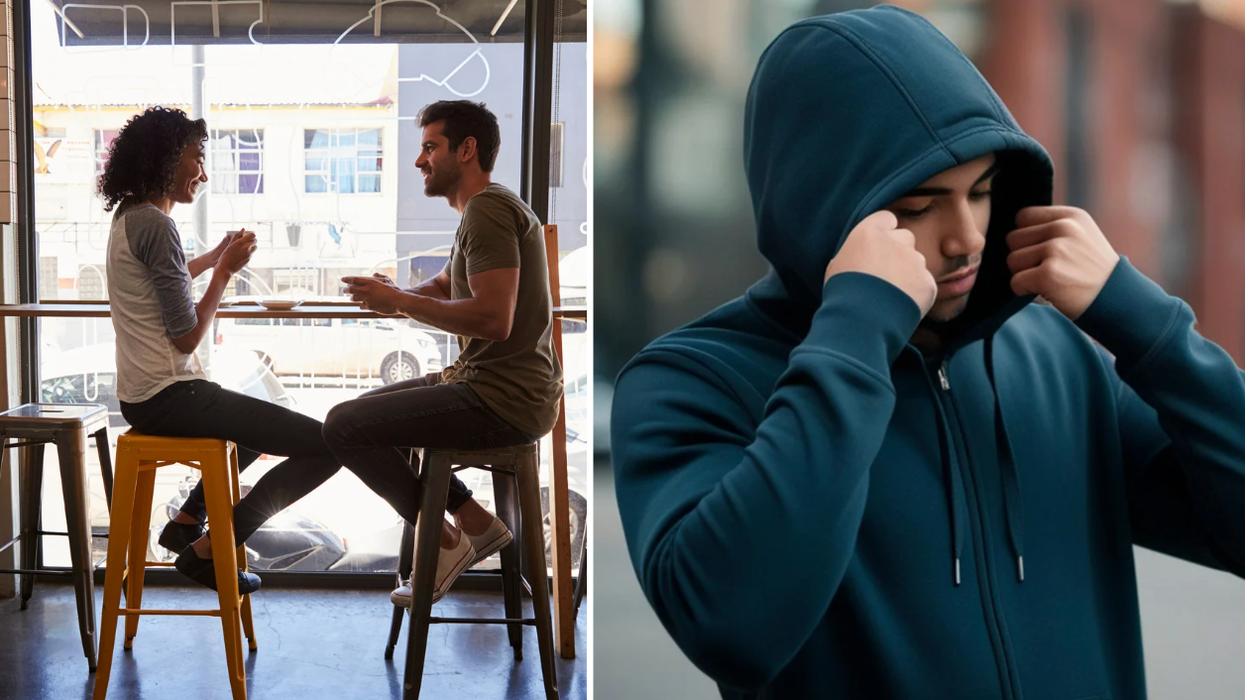
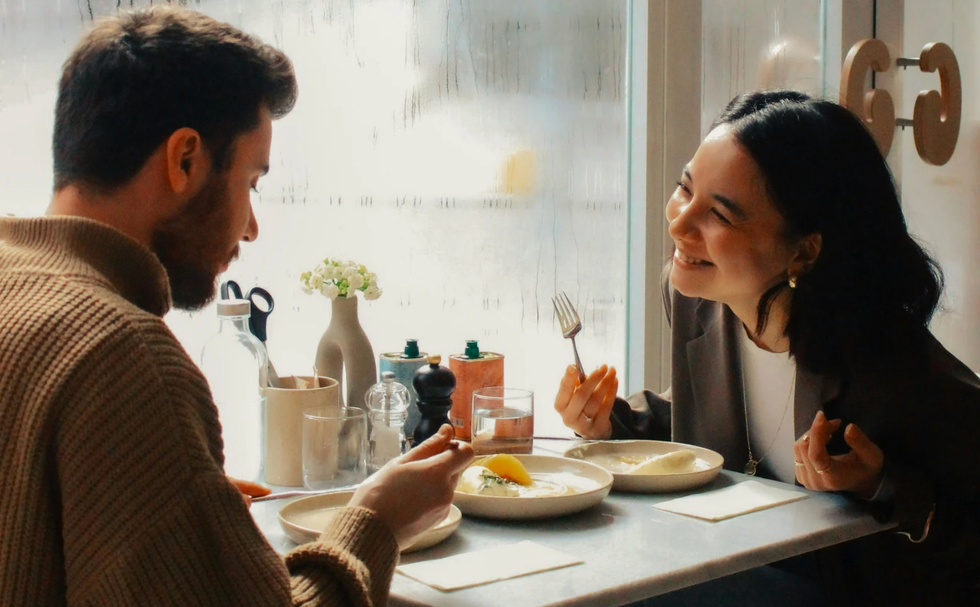 A couple on a lunch dateCanva
A couple on a lunch dateCanva Gif of Obama saying "Man, that's shady" via
Gif of Obama saying "Man, that's shady" via 
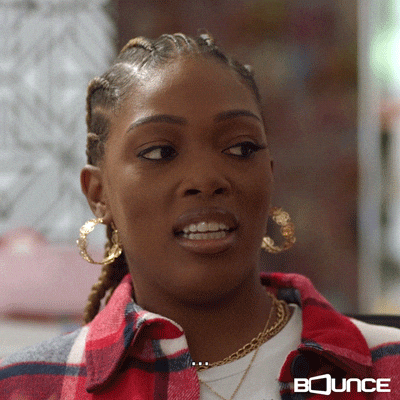 Gif of confused woman saying "OK"
Gif of confused woman saying "OK" A woman rejects a man's advancesCanva
A woman rejects a man's advancesCanva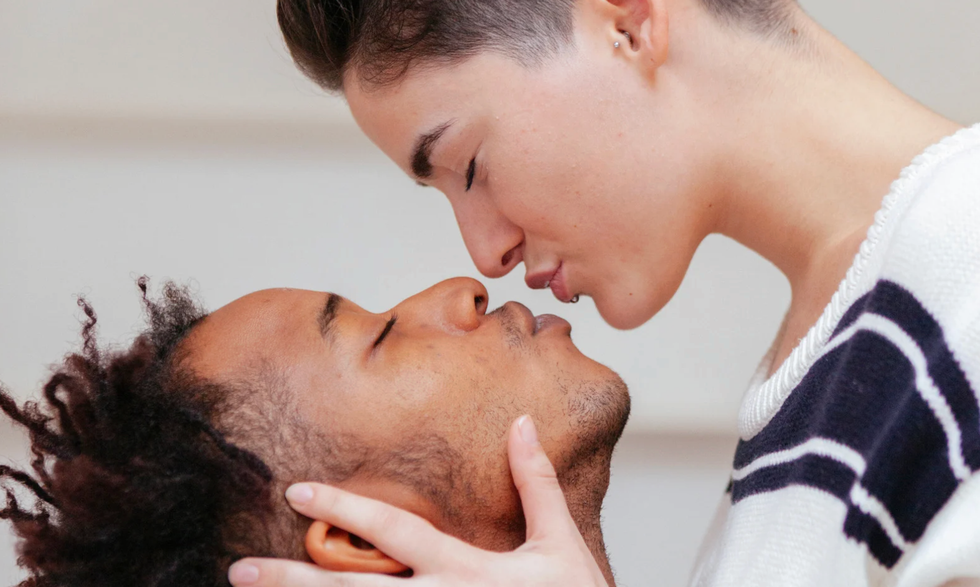 A couple kissingCanva
A couple kissingCanva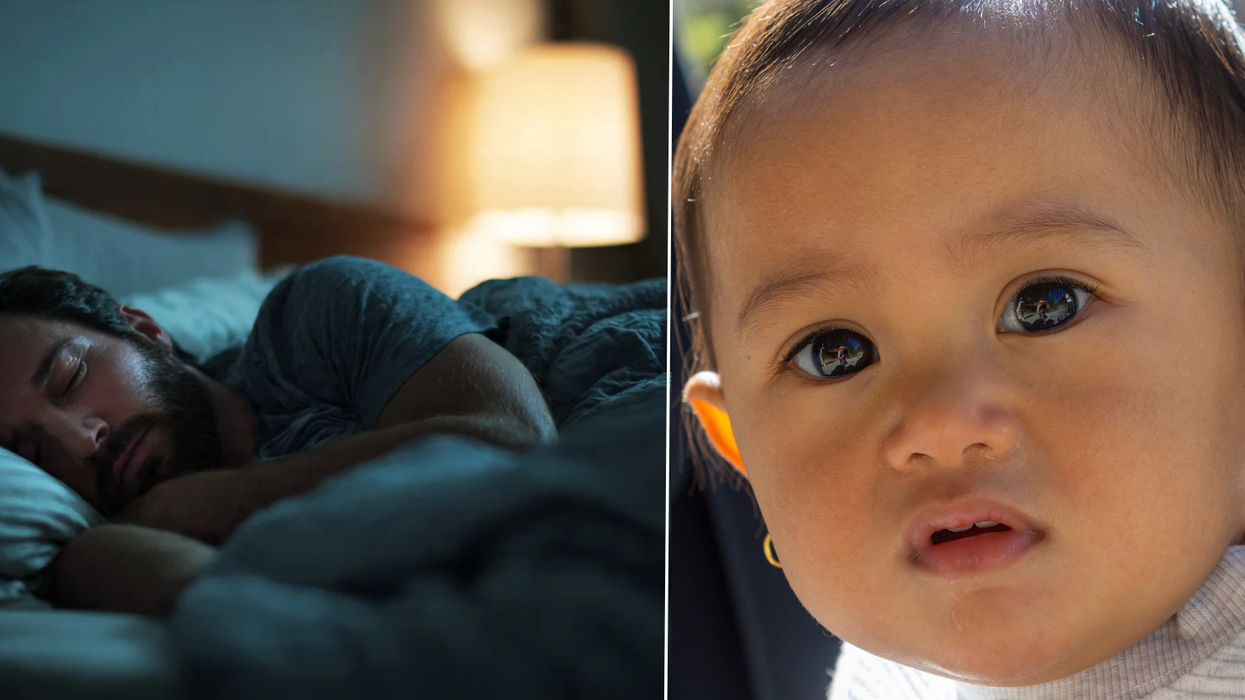
 A house on fireCanva
A house on fireCanva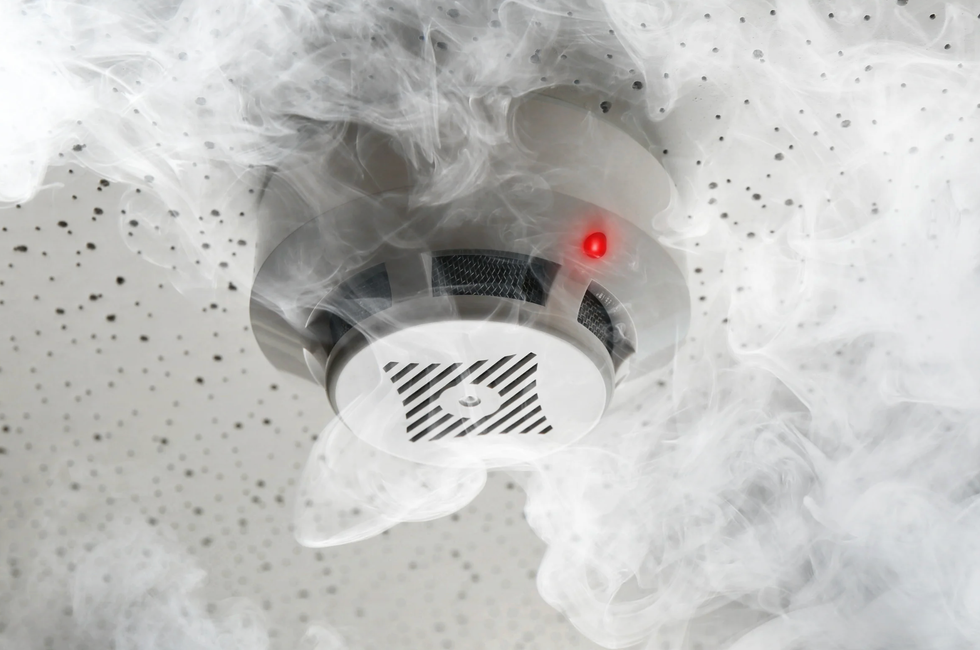 A smoke detector covered in smokeCanva
A smoke detector covered in smokeCanva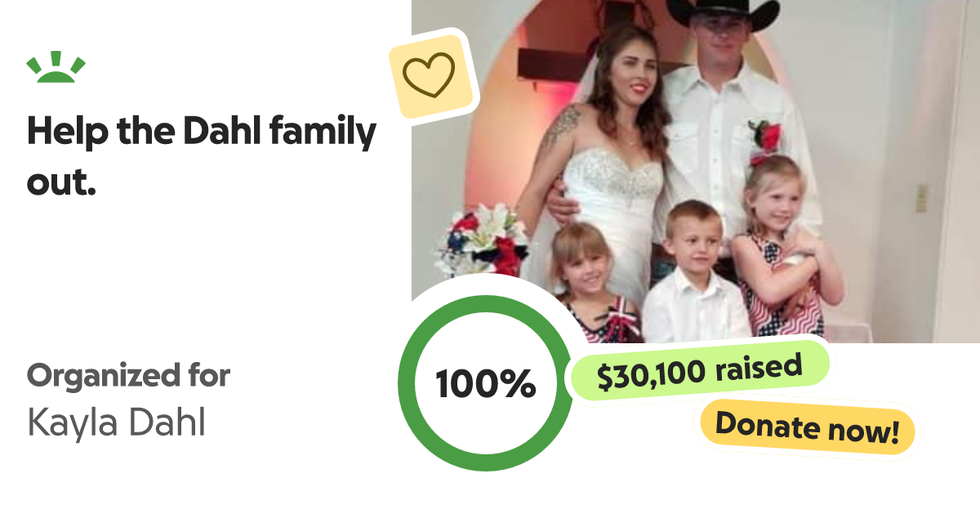 The Dahl family gofundme
The Dahl family gofundme 
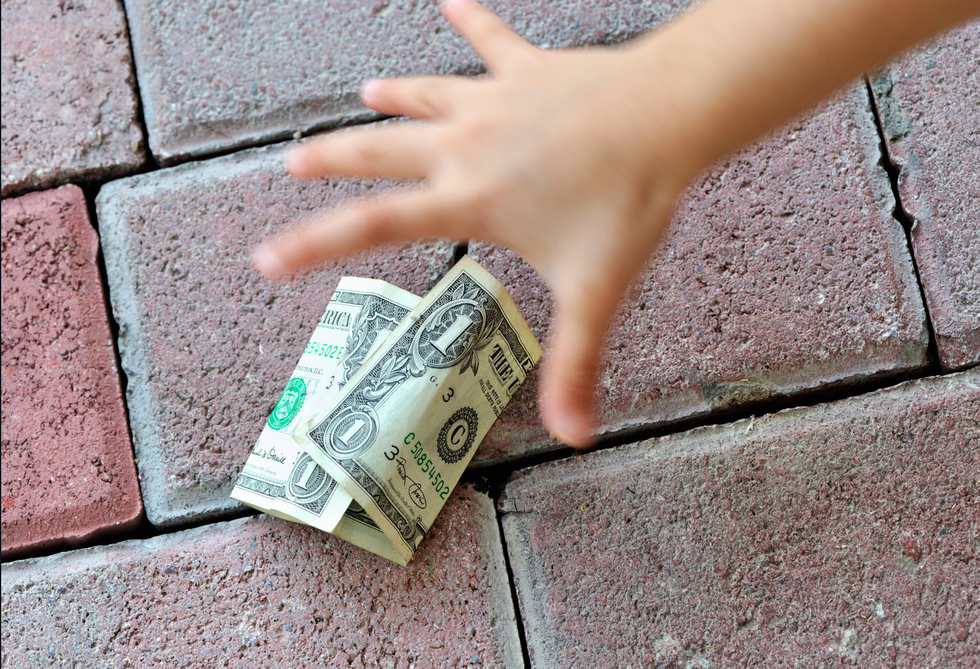 A hand reaches for some money on the groundCanva
A hand reaches for some money on the groundCanva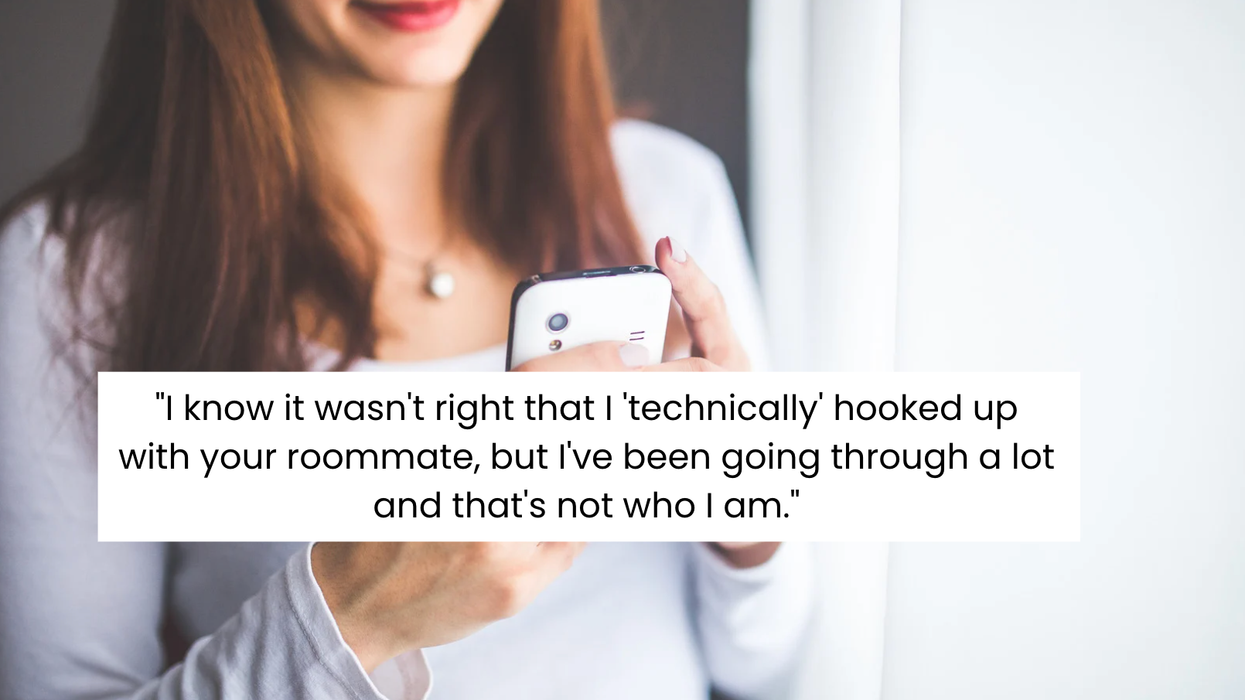
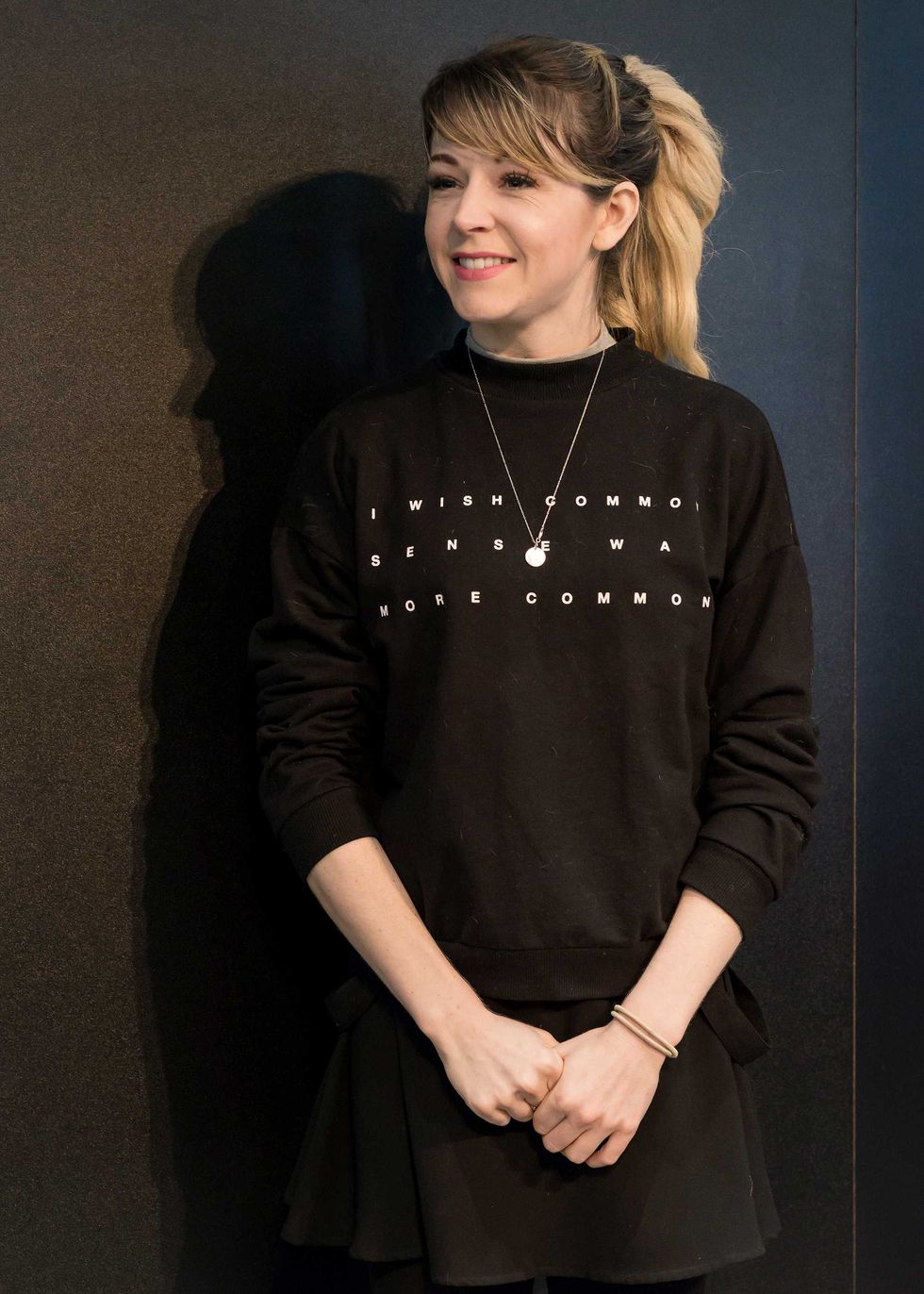 Lindsey Stirling meet & greet appearance at the Winter NAMM Show in Anaheim, California in 2018
Lindsey Stirling meet & greet appearance at the Winter NAMM Show in Anaheim, California in 2018
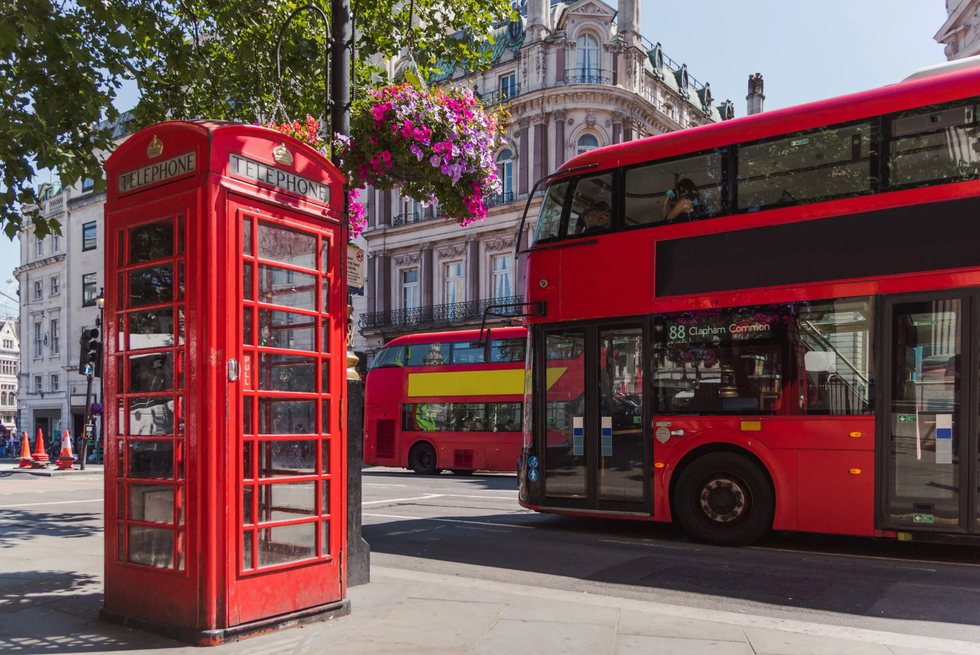 A double-decker bus and an English phone boothCanva
A double-decker bus and an English phone boothCanva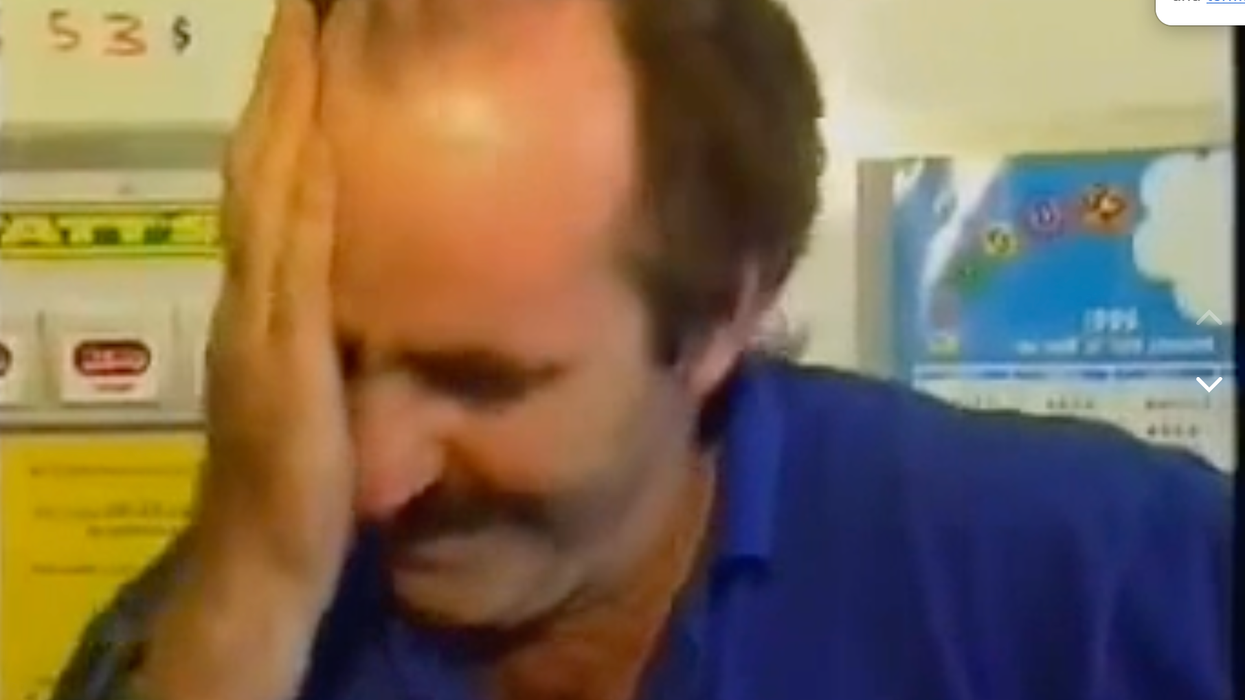
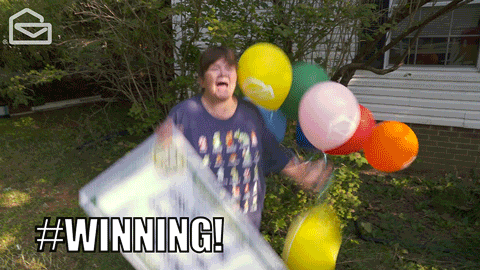 Woman celebrating with hashtag #winning via
Woman celebrating with hashtag #winning via